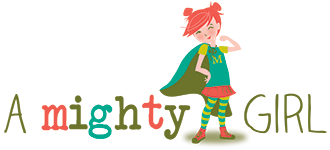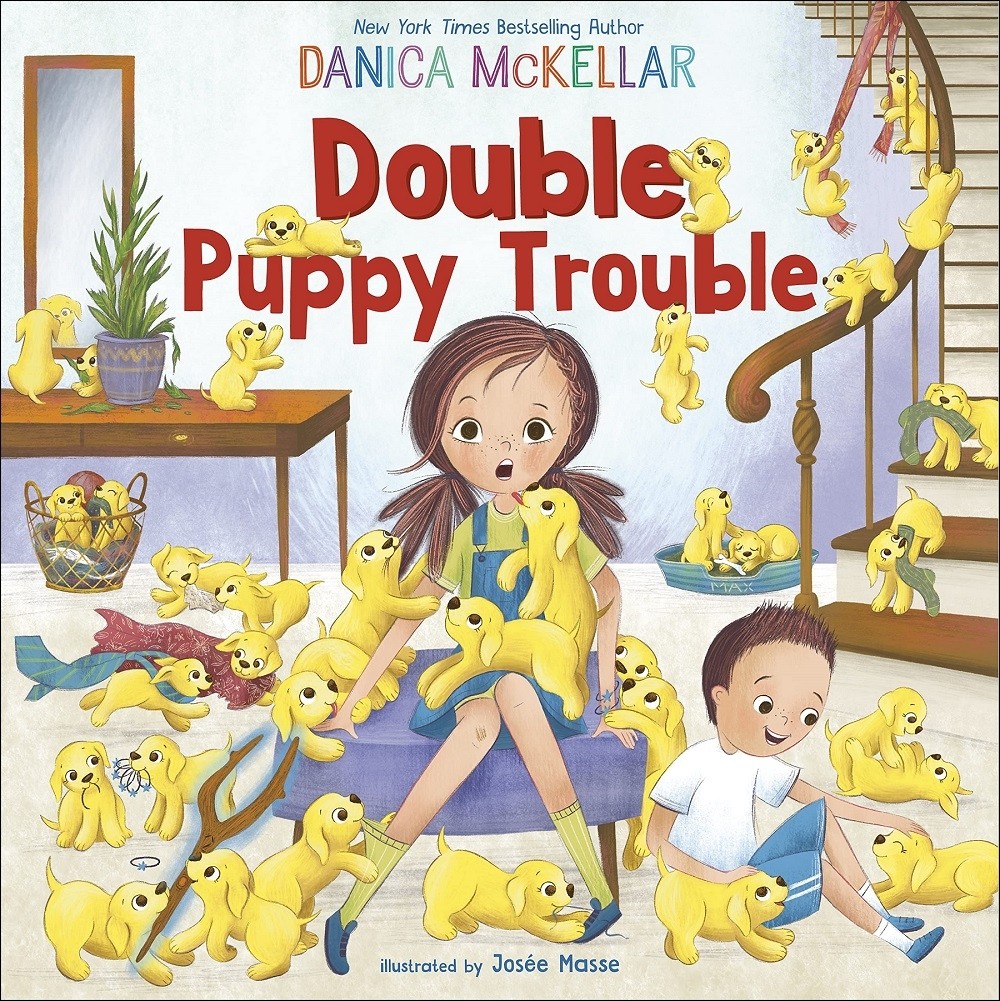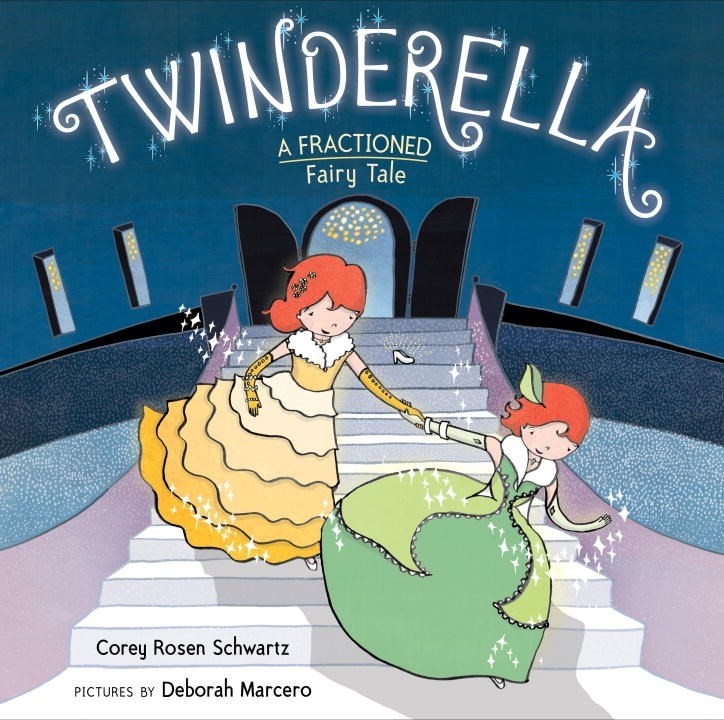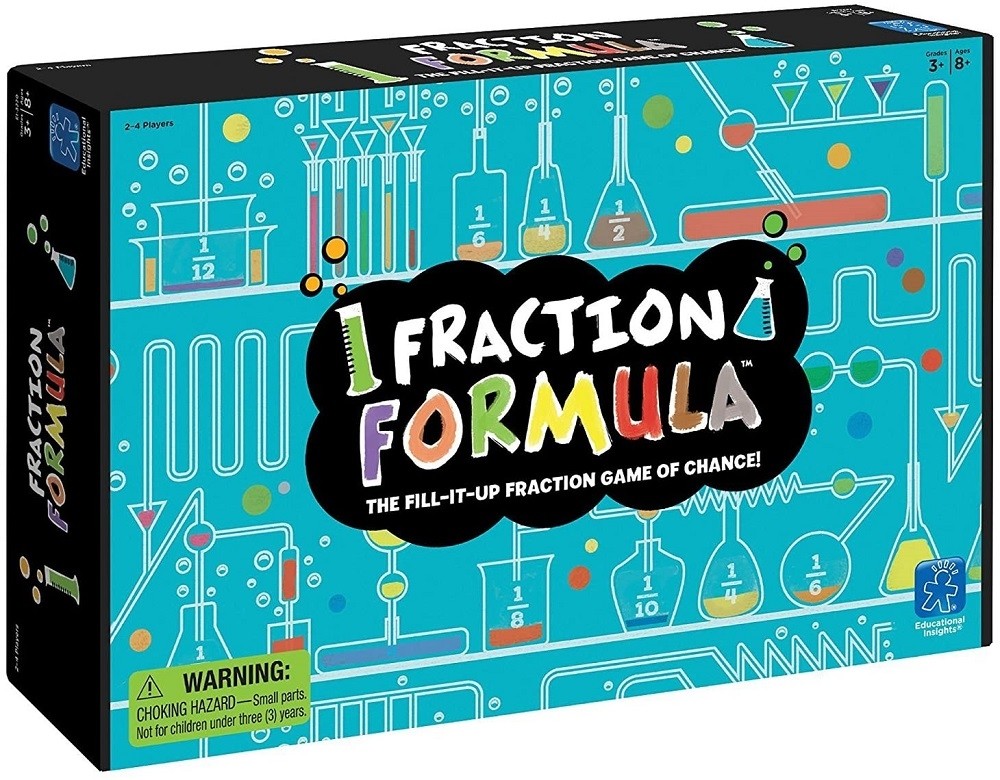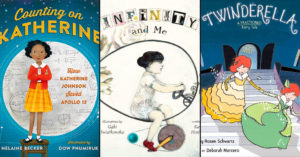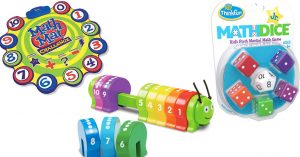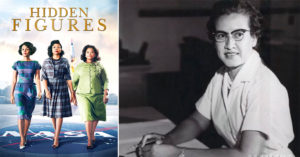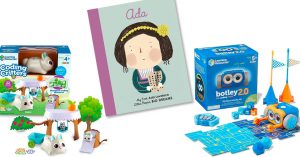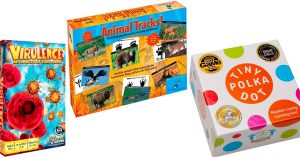Experts offer tips for parents on building girls' confidence in math.
 “Why do smart people enjoy saying that they are bad at math?” laments Petra Bonfert-Taylor, a professor of engineering at Dartmouth College. “Few people would consider proudly announcing that they are bad at writing or reading.” After seeing one too many examples of adults “passing on [mathematical anxiety] like a virus,” Bonfert-Taylor has an important message for math-phobic parents and educators: “We are passing on from generation to generation the phobia for mathematics... [and] as a result, too many of us have lost the ability to examine a real-world problem, translate it into numbers, solve the problem and interpret the solution.”
“Why do smart people enjoy saying that they are bad at math?” laments Petra Bonfert-Taylor, a professor of engineering at Dartmouth College. “Few people would consider proudly announcing that they are bad at writing or reading.” After seeing one too many examples of adults “passing on [mathematical anxiety] like a virus,” Bonfert-Taylor has an important message for math-phobic parents and educators: “We are passing on from generation to generation the phobia for mathematics... [and] as a result, too many of us have lost the ability to examine a real-world problem, translate it into numbers, solve the problem and interpret the solution.”
Many people will recognize what Bonfert-Taylor calls “damaging myths” that adults perpetuate when they call themselves bad at math: “math is inherently hard, only geniuses understand it, we never liked math in the first place and nobody needs math anyway.” And while well-meaning adults may think they’re encouraging kids by sharing their own math fears, research has shown the opposite — "Anxiety over mathematics has been recognized as a grade killer." Research has found that the problem is particularly significant for girls, who “are especially affected when a teacher publicly announces math hatred before she picks up the chalk.” Moreover, as Bonfert-Taylor explains in a Washington Post article: "A study published in the Proceedings of the National Academy of Sciences reported that female — but not male — mathematical achievement was diminished in response to a female teacher’s mathematical anxiety. The effect was correlated: the higher a teacher’s anxiety, the lower the scores."
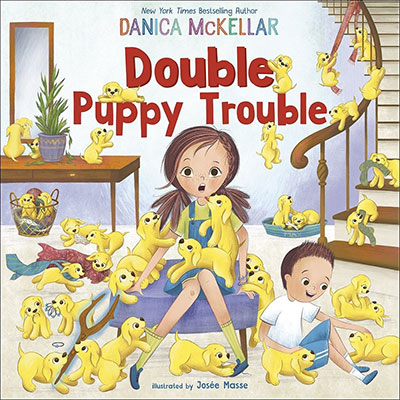 Parents' anxiety about math can have a similar effect on kids' achievement and their attitude toward the subject. According to Bonfert-Taylor, "children who received math homework help from mathematically fearful parents showed weaker math achievements than their peers, which in turn resulted in increased math anxiety for the children themselves." New research on math anxiety confirms that these parents unintentionally teach kids to expect that math will be beyond their capabilities. As Sian Beilock, a cognitive scientist and president of Barnard College, explains in an NPR piece, "A parent might say, 'oh I'm not a math person, it's okay if you're not good at math either'... [which] can send a signal to kids about whether they can succeed."
Parents' anxiety about math can have a similar effect on kids' achievement and their attitude toward the subject. According to Bonfert-Taylor, "children who received math homework help from mathematically fearful parents showed weaker math achievements than their peers, which in turn resulted in increased math anxiety for the children themselves." New research on math anxiety confirms that these parents unintentionally teach kids to expect that math will be beyond their capabilities. As Sian Beilock, a cognitive scientist and president of Barnard College, explains in an NPR piece, "A parent might say, 'oh I'm not a math person, it's okay if you're not good at math either'... [which] can send a signal to kids about whether they can succeed."
Fortunately, Beilock's research has found a surprisingly easy way for parents to stop passing on math anxiety and build their children's math confidence — and it doesn't require overcoming their own fear of the subject. For the study, researchers gave Chicago-area families an iPad filled with math-themed stories for parents and children to read together. From first to third grade — the years when children tend to solidify their fear of math — the families read stories that included fun math facts, like the size of the world's largest cupcake or information about walking frogs, and then kids would answer simple questions about the content. By the end of the first year, parents didn't feel more confident in their own abilities with math, but they did feel more confident in their kids' math potential — and equally importantly, they valued math skills more. This had a direct effect on their children's achievement: when the kids' math skills were tested at the end of the study, children of math-anxious parents who had participated in the program performed just as well as the kids of math-confident parents.
The most important finding from the study for parents is the importance of normalizing math at home in a way that's relaxed and playful. While Beilock's research used math-themed books and stories, there are many other ways to do it, from playing with math games and toys to cooking together. Bonfert-Taylor agrees, arguing that we need to teach kids that “working on mathematical skills is not unlike practicing a sport. Neither can be learned by watching others perform the activity and both require encouragement and effort.... You do not need an innate mathematical ability in order to solve mathematical problems. Rather, what is required is perseverance, a willingness to take risks and feeling safe to make mistakes.” So the next time you’re sitting down to talk math with a Mighty Girl in your life, Bonfert-Taylor urges you to “try to have fun and give reassurance that perseverance will yield results. Numbers are always simple, clean and beautiful — and nothing to be afraid of.”
Books And Games To Encourage a Love of Math
Ten Magic Butterflies
Ten Magic Butterflies
The ten flower friends in this book wish that they could fly — and a passing fairy, despite being puzzled by their request, agrees to transform them one at a time. As each flower becomes a butterfly and soars into the sky, though, there is always a total of ten! And when the flowers miss their old selves, and realize that they like themselves as they were, they count back down until all ten are flowers again. This clever picture book teaches the essential math skill of grouping numbers to ten, while also celebrating self-acceptance! Math whiz Danica McKellar is also the author of two more math-themed picture books, Goodnight, Numbers and Bathtime Mathtime, and math books aimed at elementary learners and middle school girls.
Tiny Polka Dot: Number-Loving Fun!
Tiny Polka Dot: Number-Loving Fun!
The creators of Prime Climb turn their expertise in teaching math to younger learners with Tiny Polka Dot! This box from Math for Love contains components for sixteen different games. They're all easy to learn and playful, but as kids grow, the level of complexity does, too. Kids will start with simple number recognition and counting and move their way up to arithmetic and logic skills. It's a little box with lots of math love inside!
Zero
Zero
Zero is just a big, round nothing — all the other numbers have value, but she doesn't add anything to the equation. So she tries to stretch and bend and twist herself into a number that counts, without success. Then, one day, Zero realizes that she has incredible power: with her, 1 becomes 10, then 100, then 1000! Soon all the numbers are combining instead of adding, and discovering that Zero help other numbers "count even more." In addition to introducing math concepts, there's a subtle body-positive message in this book that parents will love.
Shelby's Snack Shack Game
Shelby's Snack Shack Game
Help Shelby the dog find all her missing bones! Your kids will practice fine motor control and counting skills as they use the Shelby squeezers to pick up bones to drop in their bowls. And be careful — you could spin a seagull and lose some bones, or even get distracted chewing on a shoe! This fun game will have kids laughing while also learning math and social skills. For more math fun, there's also a Shelby's Snack Shack counting board book for ages 1 to 4.
Double Puppy Trouble
Double Puppy Trouble
Moxie Jo always wants MORE — or the MOST — of everything! She wants the most toys, the most A's on tests, the most time on the swing, and the most playtime with her new puppy, Max... and she's not hesitant to let people know it. When Moxie finds a magic stick that can double everything, it seems like the perfect solution: MORE of everything, and no more sharing. But when the stick gets stuck just as she points it at Max, she'll discover that there's such a thing as TOO MUCH; sometimes less really is more! This hilarious introduction to the power of doubling from best-selling author Danica McKellar is a playful, puppy-filled romp that introduces a key math concept (and a message of gratitude.)
Twinderella, A Fractioned Fairy Tale
Twinderella, A Fractioned Fairy Tale
What if Cinderella had a twin sister? Maybe together they would have gotten clever about dividing up the work! Cinderella's math-loving sister Tinderella divides everything in half, from their stepmother's chore list to tending their mean step-sisters, and even the bed they share — that way, everything is fair. When the Prince calls a ball and their fairy godmother appears, Tinderella can even figure out how to split everything in half... except for the prince! Fortunately, Tinderella realizes that there's a flip side to division.... This clever fractured (and fractioned) fairy tale from the author of The Three Ninja Pigs and Ninja Red Riding Hood is full of hilarious puns and entertaining math concepts.
Isobel Adds It Up
Isobel Adds It Up
Isobel has math homework, but she doesn't mind: solving problems is her thing! But the new next door neighbors are making so much racket it's hard for her to concentrate. It's so loud she imagines it must be a marching band, a basketball team, or even a family of elephants! At first she tries to get back at the neighbors by making a ruckus herself, but she soon realizes there's probably a kinder way to express what she needs. She and her father make a batch of cookies and leave them with a note asking for quiet... and when she gets a note back, Isobel makes a new (if somewhat unusual!) study buddy. This funny picture book celebrates a math-loving girl who learns the power of stating your needs — and making new friends.
One Grain Of Rice: A Mathematical Folktale
One Grain Of Rice: A Mathematical Folktale
Clever Rani in this story shows that, with a solid understanding of math, it's easy to outsmart a selfish raja! Rani's village is starving, and the raja has more than enough rice to feed them all — but in his greed, he hoards it. When Rani does him a good deed and he offers to let her pick a reward in return, however, she asks for a seemingly humble amount: one grain of rice, doubled every day for thirty days. It doesn't seem like much... until you add it up. Kids will love the procession of animals that bring Rani's reward, from one grain in the beak of a bird to 256 elephants carrying enough rice to feed everyone. The vivid illustrations and poetic language make this a stand-out telling of this traditional tale.
Sum Swamp
Sum Swamp
Math becomes an adventure with this addition and subtraction game that takes kids on a journey through Sum Swamp! They'll make their way over the hilarious pitfalls of the swamp, including the crocodile shortcut and the endless loop. The only way to escape the mire is to add and subtract the numbers on the dice. Two to four players can enjoy this game; for younger kids, it will sharpen beginning math skills, but older kids will play for the fun!
Math Curse
Math Curse
One day at school, this girl's teacher says, "You know, you can think of almost everything as a math problem" – and the next day, when she wakes up, everything is! She has ten things to do and thirty minutes before the bus arrives... is there enough time? How many pints are in a gallon? Then the problems become a little wackier: does tunafish + tunafish = fournafish? How many M&Ms would it take to measure the length of the Mississippi River? It turns out that this Math Curse can actually be pretty funny! For any child who's considered word problems to be the bane of their existence, this book will show them the light side of math – and prove the point that math really is everywhere.
Fraction Formula Game
Fraction Formula Game
It's a race to the number one with this 2- to 4-player fraction game! Draw a card and find the corresponding fizzy fraction tile. Drop the tile into your cylinder. "Hold" if you think you're as close to one as you'll get without going over or draw another card if you think you can get closer by adding another fraction tile. The player who gets closest to 1 wins the round. The included multilingual guide also includes instructions for using the game pieces as a fraction math manipulative.
Prime Climb
Prime Climb
Prime Climb is a beautiful, colorful, mathematical board game for 2 to 4 players! Roll the dice and add, subtract, multiply and divide your way to the center of the board, picking up Prime cards and bumping your opponents back to start as you go. The first person to get both pawns to space 101 wins! This brilliantly designed game is the perfect way to help solidify math concepts while making learning fun for kids and adults alike.
